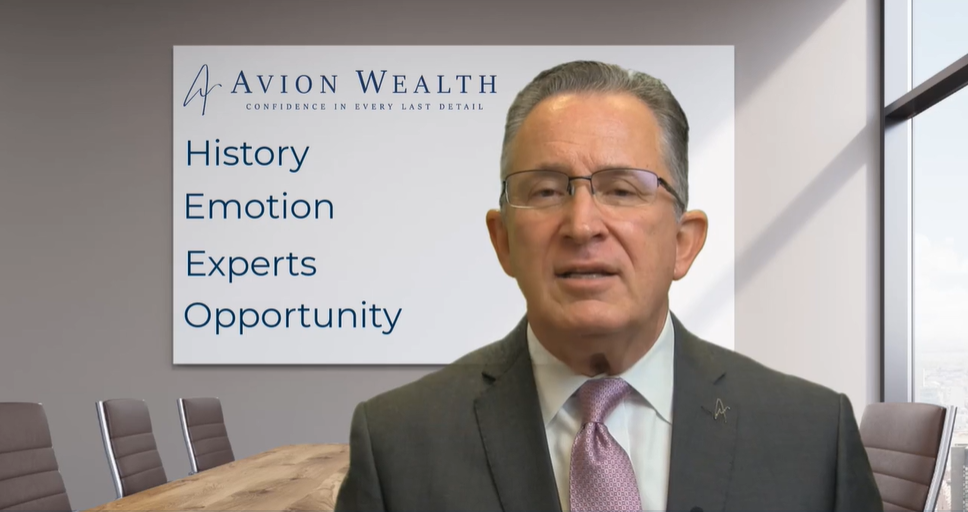
On Friday, the S&P had slid 10% from its high. What does that mean for you and your portfolio? On July 31st, the market was at 4,589. On Friday, it was 4,117. Today* it's actually bounced back a little bit. Whenever the market drops 10%, we seem to forget the fundamentals. Now is a good time to discuss what this in fact means. Let's start from a historical perspective. When we build an asset allocation, it is designed to stand the test of time. It is not designed to identify when the market is going to move. We'll talk about later why that's such a difficult challenge. It's always important to acknowledge the emotional component. When we make decisions based on market moves, we have now migrated from long-term investing to emotional investing. We need to keep in mind we have a diversified portfolio and not all asset classes are...
Read More



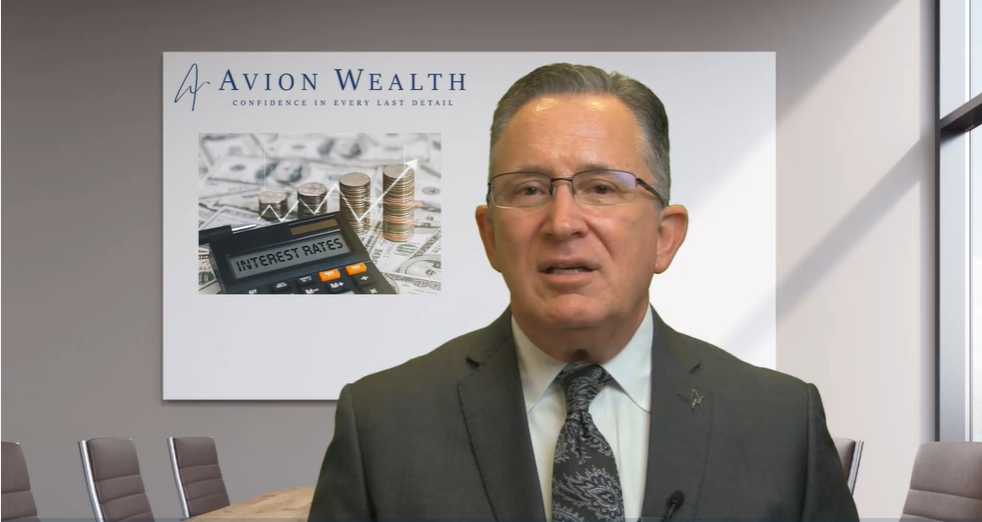

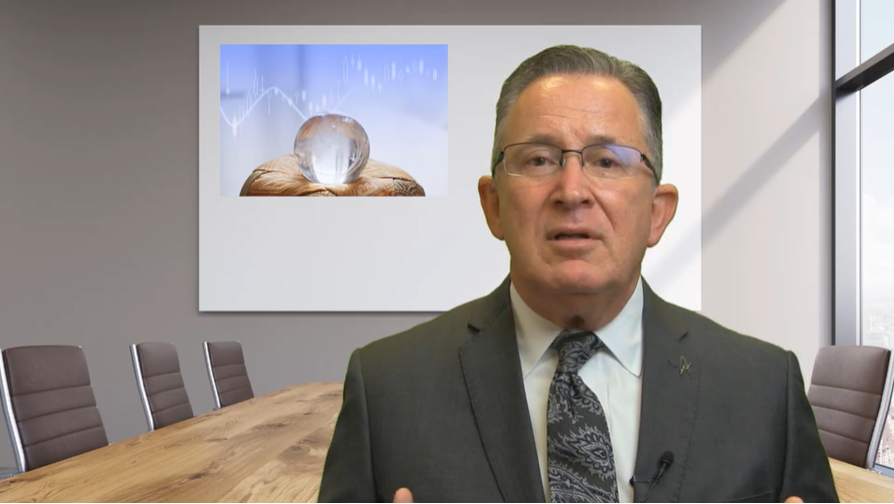



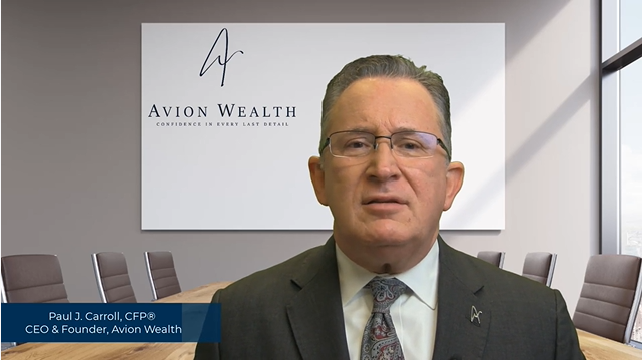



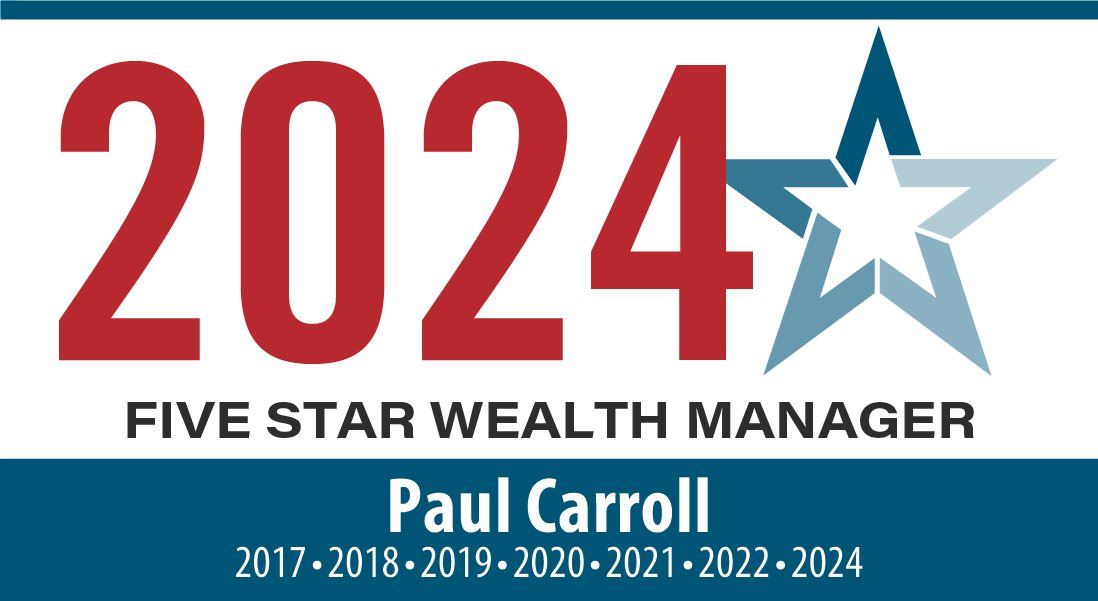

Recent Comments